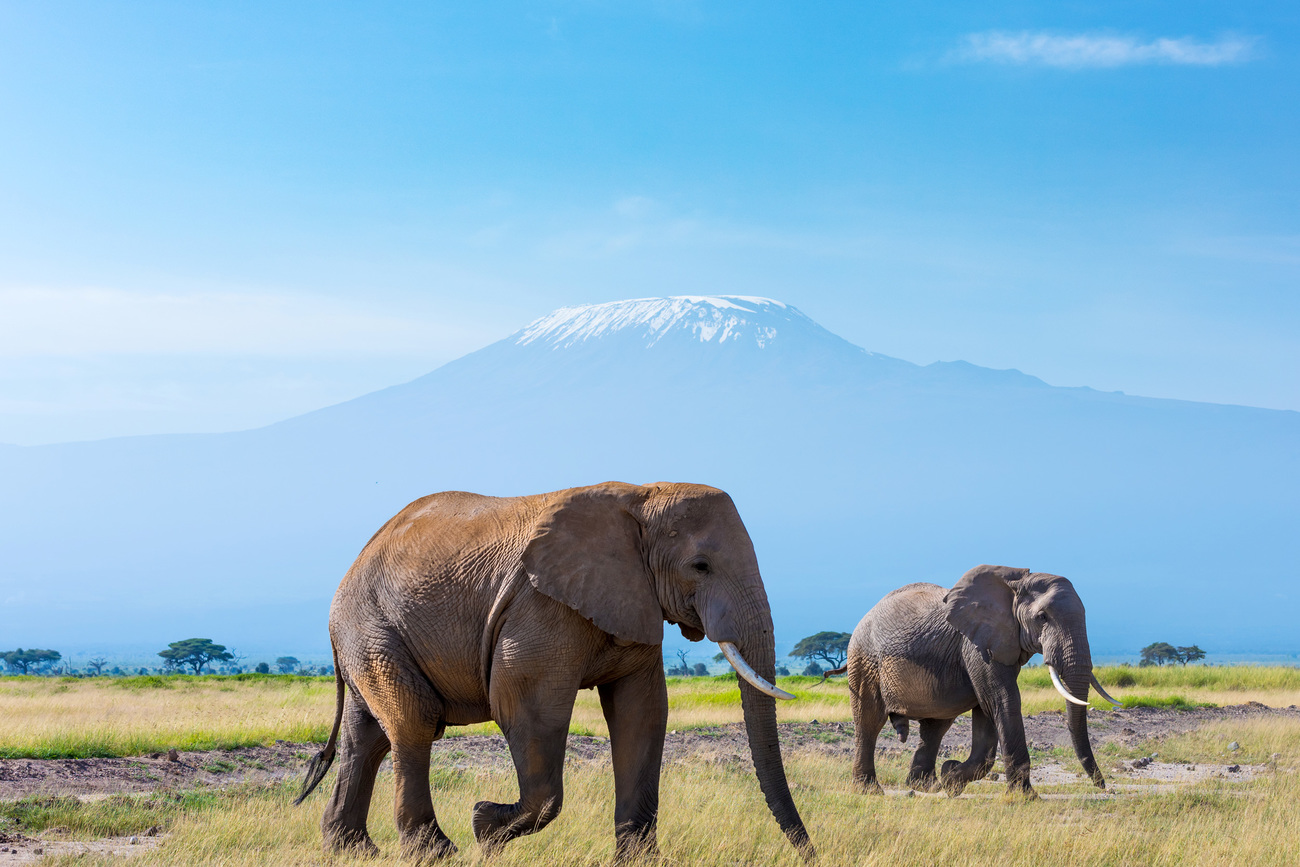Wildlife Crime Prevention - Europe
The European Union is widely considered to be the third largest destination for illegal wildlife#NoIvoryInEU: campaigning to close domestic ivory trade in EU
#NoIvoryInEU: campaigning to close domestic ivory trade in EU

At least 20,000 elephants are killed each year in Africa and population numbers have collapsed to an all-time low, dropping by more than a third between 2007 and 2014. To fight this epidemic, today the International Fund for Animal Welfare (IFAW) is launching a new European campaign, calling on the European Union (EU) to close its domestic ivory markets. Beyond its impact on elephants, the ivory trade is also tied to corruption, organized crime and the murder of wildlife rangers in Africa.
We are asking all of our supporters and elephant lovers to back IFAW’s petition to END this senseless trade.
The petition asks EU Commissioner Vella and European Member States to close domestic ivory markets across the EU.
IFAW has also surveyed 14,500 Europeans from 15 different Member States on their feelings about ivory. The majority of citizens interviewed by a polling company on IFAW’s behalf, say that they support a full ban on the trade of all ivory products and fewer than 10 percent would be interested in buying ivory products. Surprisingly, only 42 percent of people surveyed were aware that elephants are brutally killed for their ivory and 24 percent thought that elephants do not die when their tusks are taken. But the reality is that elephants are losing their lives every single day and calves are becoming orphans all to satisfy humans’ appetite for ivory.
In Europe, huge ivory shipments have recently been seized, and ivory tops the list of seized wildlife products in the EU. The EU is the biggest exporter of ivory to China and Hong Kong, with exports of worked ivory increasing to an alarming extent in the last two years.
Current EU regulations still allow trade in ivory under prescribed conditions for antique ivory (i.e. “worked” specimens acquired before March 3, 1947) and pre-Convention ivory (i.e. “raw” or “worked” items acquired before the date on which CITES or the EU Wildlife Trade Regulations became applicable to them in the country in which they were acquired).
Furthermore, internet sales facilitate the ivory market in the EU and enforcement authorities face serious difficulties in administering these EU regulations. But ivory can also be easily found in auctions and markets.
IFAW believes that despite the important steps that have been taken forward by the EU on trade in raw ivory, there are still many loopholes that need to be addressed as highlighted in the briefing IFAW has produced.
For its part, China, the world’s largest destination for ivory, has recently banned most commercial imports of ivory, committed to closing its commercial processing and trade in ivory by the end of 2017 and has called on the EU to take a stronger stance.
Eleonora Panella
Related content
Our work can’t get done without you. Please give what you can to help animals thrive.